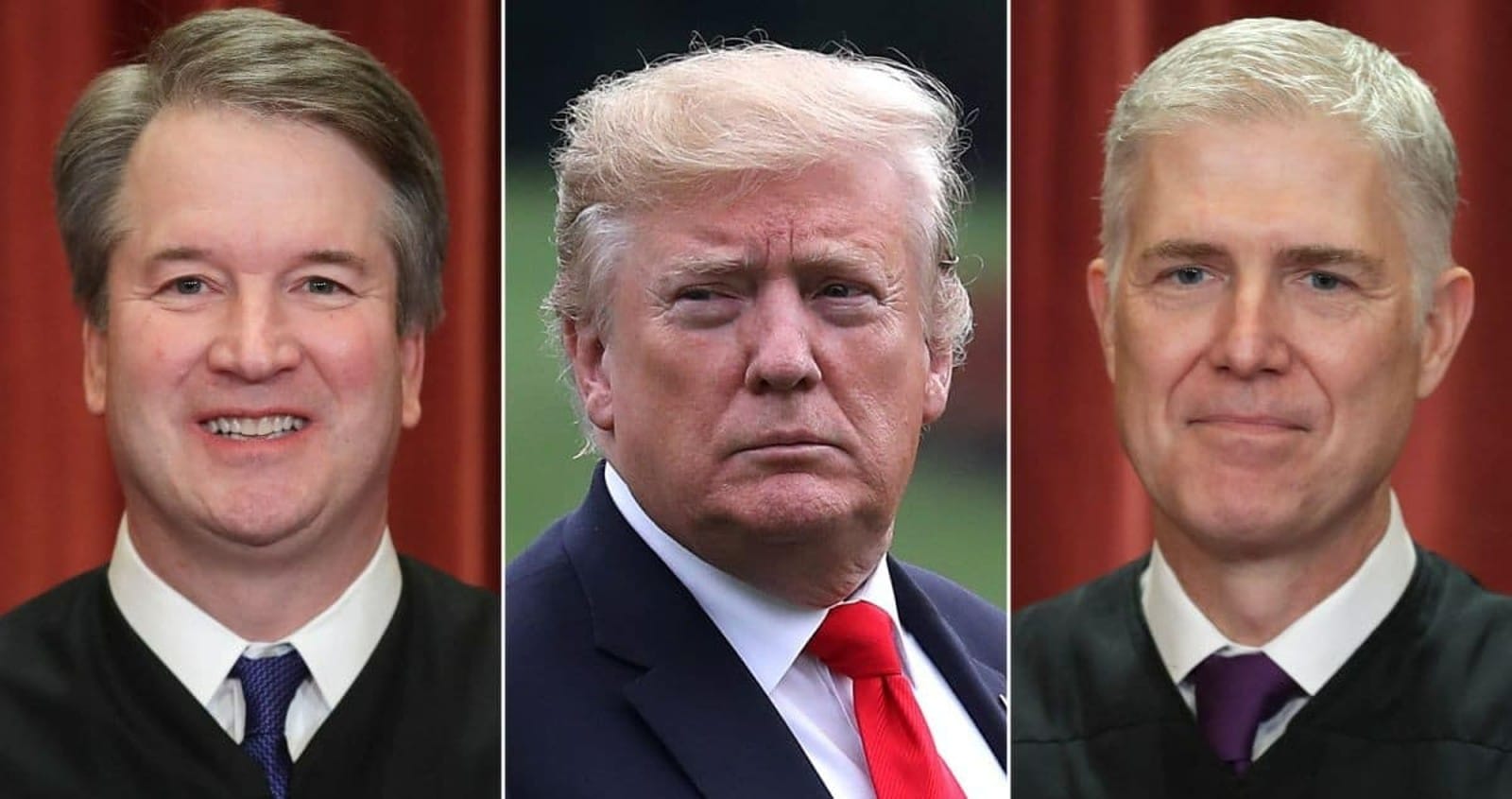OPINION: This article may contain commentary which reflects the author's opinion.
The U.S. Supreme Court handed former President Donald Trump’s campaign a victory on Monday as the effort to remove him from the ballot in several states ahead of the 2024 election continues.
“The Court denied a writ of certiorari petition from John Castro, a registered Republican candidate for president in 2024, who sought to have Trump removed from the ballot in Arizona,” Newsweek reported.
“Castro, John A. V. Fontes, AZ Sec. Of State, et al. The petition for a writ of certiorari before judgment is denied,” the high court said in its ruling, which rejected a review of an earlier decision to allow Trump on the ballot in the state.
Castro had filed lawsuits in several states to remove Trump from ballots over alleged connection to the January 6 riots and efforts to overturn the 2020 election.
In December, U.S. District Judge Douglas L. Rayes rejected Castro’s filing, which prompted him to take it to the U.S. Supreme Court.
The judge noted in his ruling that Castro’s argument “lacks standing to bring his claim,” NBC News reported. Castro argued that Trump should be disqualified from the ballot in Arizona for allegedly offering support to “insurrectionists” on January 6, 2021.
The judge also said that his arguments “do not show that Castro is truly competing with Trump.”
In March, the high court delivered its long-awaited ruling on the case involving the Colorado Supreme Court banning him from that state’s 2024 ballot, overturning that ruling to allow Trump to appear.
Earlier, CNN legal analyst Elie Honig outlined how he thought the U.S. Supreme Court would rule in the 14th Amendment cases filed throughout the country to keep Trump off the ballot.
After assessing all of the potential questions and scenarios, the former federal prosecutor wrote that he believes the nation’s highest court will rule in favor of Trump.
“Nobody knows for sure how this is going to go. No practitioner, no law professor, no retired judge, no Twitter icon, no TV analyst or former prosecutor (ahem) can rightly make bold declarations about how the ongoing legal Armageddon over the 14th Amendment will ultimately come out,” Honig began in his column for the New York Intelligencer. “…[W]e can draw on adjacent examples, but we’ve never seen anything quite like the ongoing effort to disqualify Donald Trump from the 2024 presidential ballot.”
Across the country, the vast majority of 14th Amendment challenges have not succeeded. Many have been dismissed by secretaries of State, state courts, or federal judges for a variety of reasons. However, Colorado and Maine have recently departed from this trend and, at least temporarily, concluded that Trump was involved in an insurrection, barring his appearance on their 2024 ballots, Honig noted.
“In his petition for review, Trump makes somewhere between seven and ten arguments against his disqualification, depending how thinly we slice the pie. The Court might rule on all of them, or some, or none at all; it might find for Trump on some issues but against him on others; or it could import a rationale that Trump has not even raised. The permutations are dizzying, mathematically,” Hoenig wrote.
First and foremost, he speculated, the Supreme Court wants to decide the issue quickly and definitively to avoid additional litigation and patchwork applications of the 14th Amendment’s insurrection clause across the states.
“The Court has every incentive to use a silver bullet here. One shot, and we’re done,” he said.
Envisioning a scenario in which the court goes against the prevailing but not unanimous expectation and upholds Trump’s disqualification by the Colorado Supreme Court, such a ruling would essentially convey that individual states possess the authority to interpret and implement the 14th Amendment in accordance with their own procedures, Honig added.
